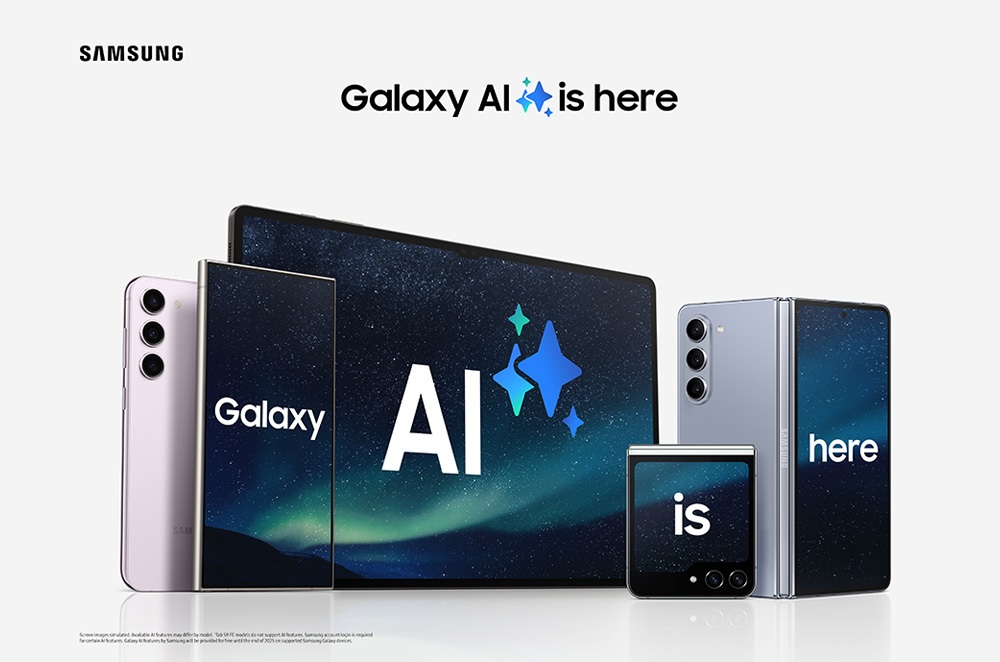During my college days, one of my professors liked to remind us that education is knowing everything about something while knowing something about everything. In a nutshell, a doctor should know everything about medicine, but he does not have to understand how architecture works. However, a well-educated doctor knows something about architecture.
This has never been more true in the times we are living in. Since education is a continuous process, we always have to learn new things every day.
Because we live in the digital revolution era, we find ourselves in a situation where new ideas are being developed every day. It is therefore in the interest of natural progression that we keep abreast with the latest developments lest we become the illiterates of the 21st century.

One area in which modern man must endeavor to stay literate is in Artificial Intelligence or AI. Artificial Intelligence has undoubtedly become an integral part of our daily lives, often in ways we may not even realize.
From the personalized advertisements we receive while browsing on social media to the voice-activated virtual assistants that help us manage our schedules, AI is everywhere. It is in our smartphones, our cars, our workplaces, and even our homes. AI is shaping industries, driving innovation, and transforming how we interact with the world.
As my professor said, we cannot know everything about AI because not all of us are information technology enthusiasts. However, as active AI users, it is necessary, nay, imperative that we know something about AI. By seeking AI literacy, we do not intend to turn everyone into an AI specialist.
Instead, we aim to equip individuals with the knowledge and skills to understand, use, and interact with AI responsibly and effectively. It is about enabling people to make informed decisions about AI technologies, understand their implications, and navigate the ethical considerations they present.
Consequently, AI literacy is all about viewing emerging technologies critically, understanding their context, and questioning their design and implementation. It is also about being able to discern AI’s benefits and challenges while making informed decisions about its use.
When we talk about AI literacy, ordinary users should not take it to mean learning how to write complex algorithms or code. It means understanding what these algorithms can do and how they are embedded into our lives.
It is critical to understand some of the unintended ill-effects of technology that are seeping into our lives and be responsible for how much we let this affect us. These range from fake news to targeted advertising to cybercrime.
As a technology company, you can sensitize your users on AI literacy in several broad areas. The first is the practical understanding of AI. This aspect involves helping users to know how to interact effectively with AI systems and understand their practical applications.
It is about enabling users to be able to use AI tools effectively, whether it is using a voice-activated virtual assistant, interacting with an AI-powered customer service bot, or using AI-powered analytics tools in a business context.
The other area in which users need to be sensitized regarding AI is understanding its ethical implications. AI is not just a technical tool but a technology with profound societal implications. A moral understanding of AI involves recognizing these implications and understanding the ethical considerations they raise. This includes understanding how biases can be embedded in AI systems and how these can perpetuate discriminatory practices. Such an understanding can help users avoid the many pitfalls that come with AI like identity theft or fake news.
While the users of AI must take a step to skill up, the responsibility is not only with them. If you are a player in the technological sector involved in the dissemination of AI, it is of utmost importance to make sure your AI users understand the possibilities and pitfalls presented by AI. By urging users to skill up or helping them do so, you are simply equipping them with the right tools to make the best out of the latest technological trends.
AI has had a profound impact on the lives we lead today. It has touched literally every industry and transformed our experiences as users and consumers. It can potentially transform much more, but only if we let it. Adoption issues have held back a lot of progress in AI, which arise due to a lack of trust. It is this lack of confidence that AI education can solve.
In today’s world, where AI is a part of our lives and is expected to be even more deeply integrated into everything we do, it is of the utmost importance to understand what lies inside the black box. Otherwise it will continue to overwhelm us, scare us, and make us anxious.
The Author is Head of Mobile Experience Division Samsung Electronics East Africa













